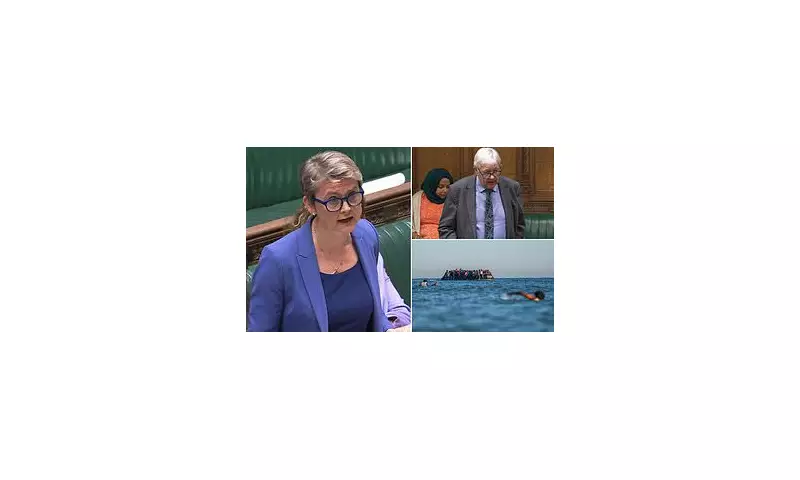
Labour's frontbench is facing a significant internal rebellion from its own MPs over the party's approach to the small boats crisis, with backbenchers demanding immediate action to toughen asylum rules.
Shadow Home Secretary Yvette Cooper is now scrambling to tighten the party's stance after a wave of dissent from within her own ranks. The revolt centres on claims that the current system is being exploited by migrants arriving from safe countries rather than genuine war zones.
'They're Coming From France, Not War Zones'
At the heart of the rebellion is a stark message from Labour backbenchers: "They're not coming from war-torn countries, they're coming from France." This sentiment has sparked urgent calls for policy changes that would address migrants crossing the English Channel from safe European nations.
The growing discontent among Labour MPs reflects broader concerns about the sustainability of current asylum processes and the need for more robust border control measures.
Cooper's Race to Strengthen Policy
Facing mounting pressure from within her party, Yvette Cooper is now urgently working to develop a more stringent asylum framework. The proposed changes aim to address loopholes that critics say allow economic migrants to misuse the asylum system.
The shadow home secretary's office is reportedly considering measures that would streamline the processing of claims while implementing stricter criteria for those arriving from safe third countries like France.
Political Implications for Labour
This internal conflict comes at a critical time for the Labour Party, which has sought to position itself as both compassionate toward genuine refugees and tough on illegal immigration. The rebellion highlights the delicate balancing act the party must maintain on this divisive issue.
With the next general election approaching, Labour's ability to present a unified and credible immigration policy could prove crucial to its electoral prospects. The outcome of this internal debate may significantly influence the party's stance on one of the most contentious issues in British politics.





